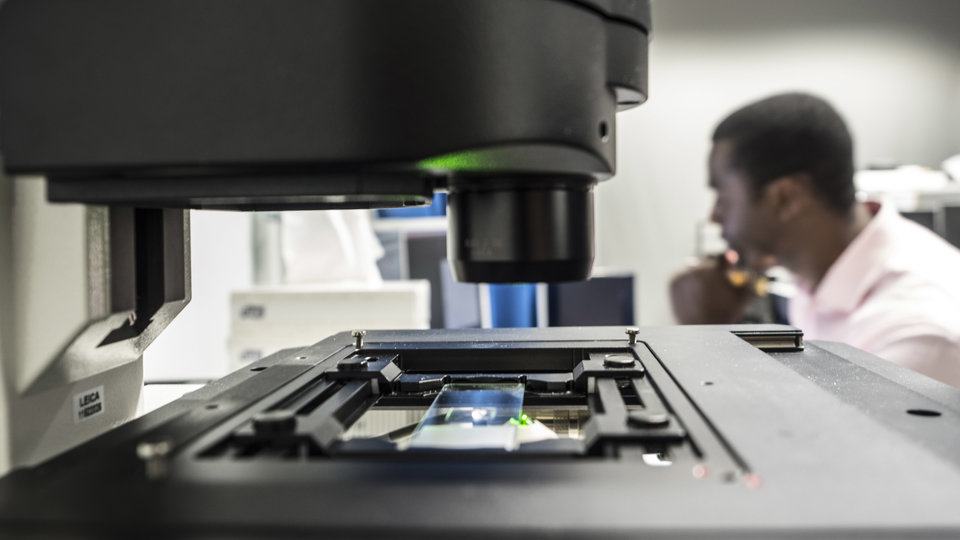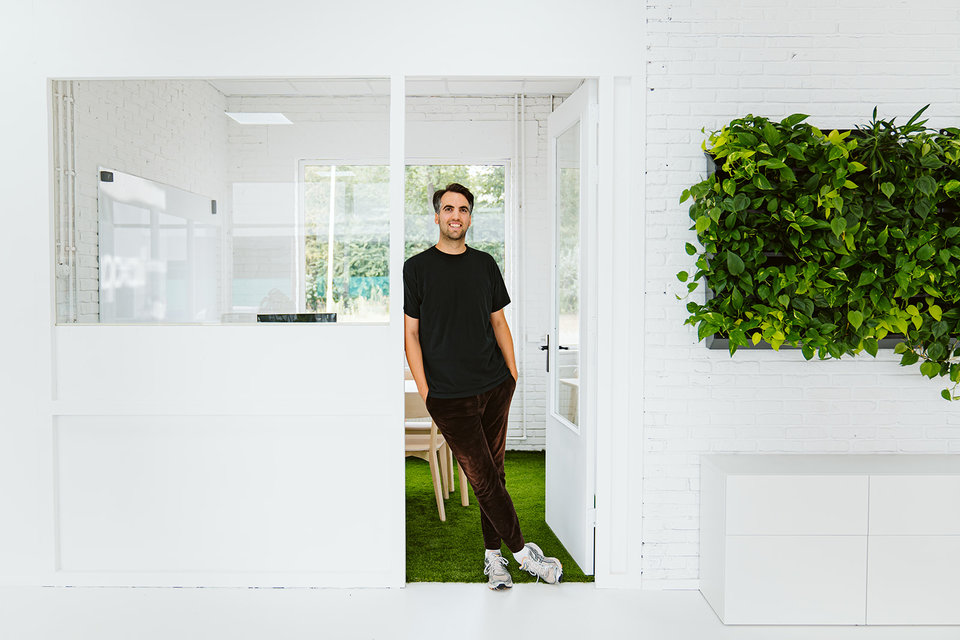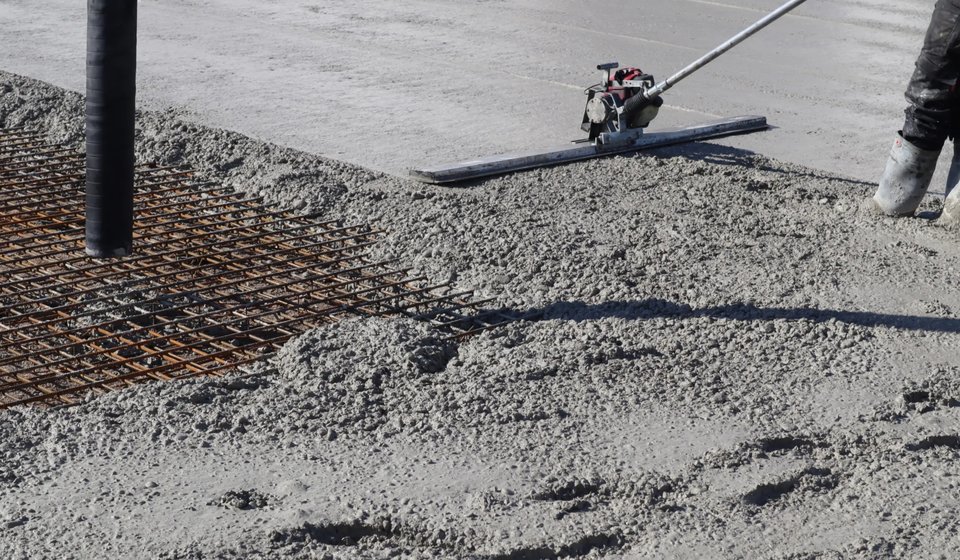The Tesla of coffins
Bob Hendrikx founded Loop Biotech three years ago. The entrepreneur's ambition is for his unique product – living coffins made of mushrooms – to launch a sustainable revolution in the funeral industry and beyond. Having started out in the YES!Delft incubator, Hendrikx now has his first production facility in the Schieoevers business park in Delft, with 15 members of staff. We asked him to look back on the past three years and discuss his most important insights.
By Jurjen Slump • October 25, 2023
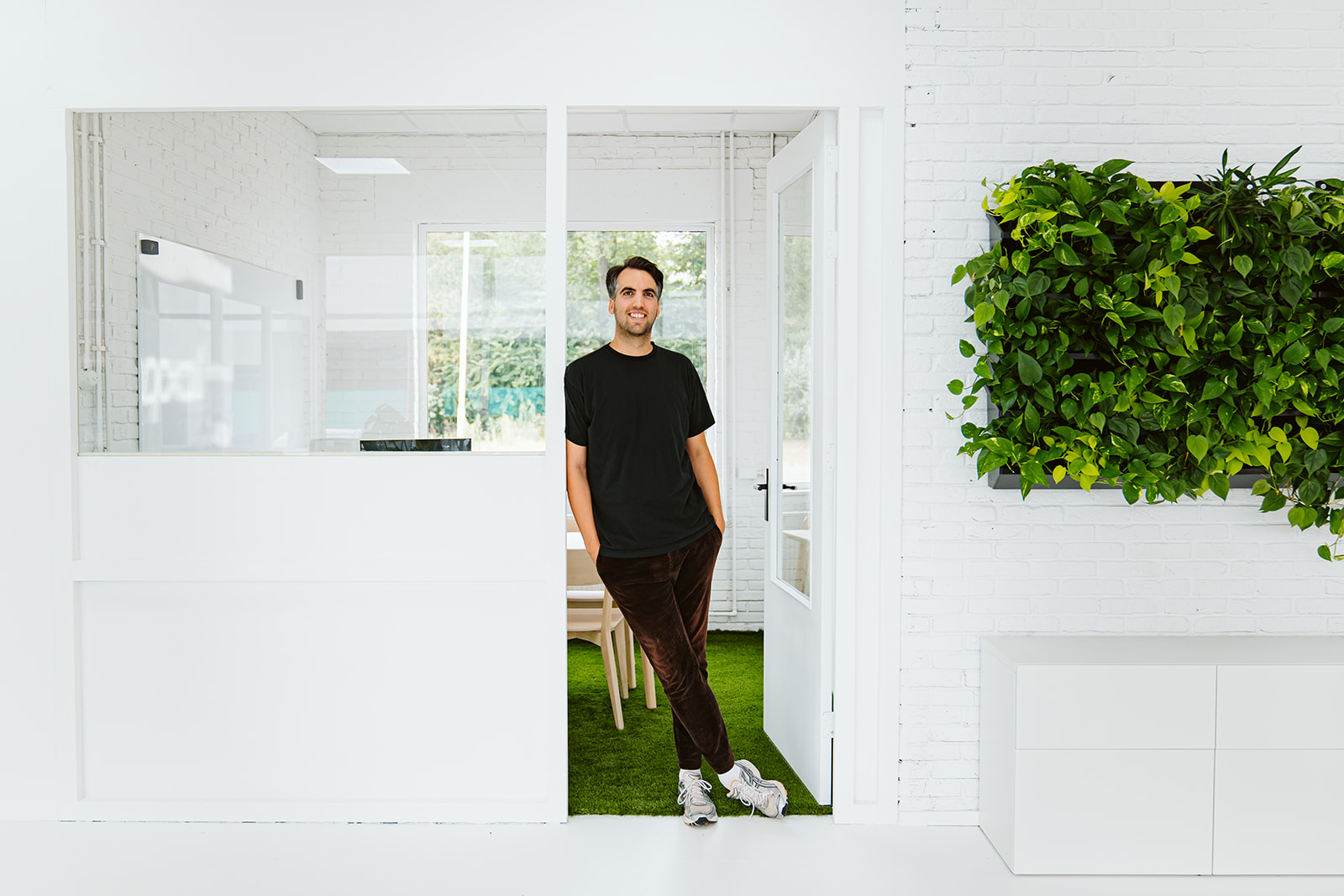
Bob Hendrikx © Loop Biotech
1. Where did the idea of making living coffins come from?
‘The idea of the young architect Bob Hendrikx (that’s me) making coffins from mushrooms is the final step in an almost philosophical quest for the most sustainable way of building. There wasn't a single Eureka moment, but a number of them. As an architecture student, I was involved in a project in Detroit that made run-down, old houses more sustainable, but the result wasn’t green enough for my liking. During my master’s programme in Architecture & Industrial Design, I had the idea of combining architecture with biotech, in other words: getting nature to grow houses. This led me to mycelium, the root network of mushrooms (or fungi), which is what we use for producing our coffins. When we exhibited a scale model of one of these living houses at the Dutch Design Week, someone asked me about what would happen if someone died inside a house like this. I replied that a beautiful forest would sprout. And then I thought: this is something I want to work with.’
2. It does sound rather philosophical, but how exactly does it work?
‘Mycelium is the underground root network of mushrooms and it’s one of nature’s major recyclers. Its ability to turn dead organic material into new life makes this organism the driving force behind healthy soil and healthy nature. Our products, therefore, enable people to enrich life after their death by serving as compost. Instead of polluting the environment with dead materials, we change the system by growing living materials that will benefit nature. The coffins are grown in a mere seven days at our sustainable factory in Delft, using only local mushrooms and upcycled hemp fibres.’
3. How has your company grown in the past few years?
‘Our business is three years old and has a production capacity of some 500 coffins a month. About 500 people have been buried in our coffins. My girlfriend Lonneke Westhoff is the co-founder; she joined later. Lonneke is less keen on taking risks and found the initial phase of the business rather tense. She got on board once we had found our footing. This makes us a real family business now! But we’re not always in business mode. Our rule is that we do not discuss Loop when we are at home.’
4. There aren't many businesses involved in this. What challenges are you encountering?
‘We are the only company in the world growing mycelium on such a grand scale. Almost everything we do is something that no-one has ever done before. That's when you notice, for example, that the intern who worked here for nine months has more knowledge and experience than the world’s greatest experts. We also face the weirdest challenges. One example of this is the fact that mycelium eats plastic but we grow it in a plastic mould, which means it eats the container it grows in. These are interesting things to be occupied with.’
5. Do they lead to new insights?
‘Mycelium offers huge opportunities. Not only is it a product with an extremely low carbon footprint, but it also has lots of really cool other applications. As I mentioned, mycelium is nature’s major recycler; it consumes and is nourished by all kinds of waste. Mycelium has a potentially purifying effect on the cemetery soil, which is often contaminated from years of using regular coffins. This is unique. How many other companies can claim to have a product that increasingly benefits the earth as their turnover increases? You cannot yet measure this in financial terms, but that will change eventually. Soil quality is becoming more and more an issue.’
6. What response has there been from the funeral industry?
‘This is a somewhat conservative world with large companies as the main players, and we are a mere start-up with the ambition of saving the world. Change is therefore happening at a slower pace than we would like. Ultimately, though, we hope that our product will result in the funeral industry becoming a lot more sustainable throughout the entire chain. We produce everything locally, in the Netherlands. No part of nature needs to die in order for us to have a product. No ecologically important trees that take 30 years to grow need to be chopped down in some forest halfway around the world and then shipped to the Netherlands. That’s such a waste! Wood is a high-quality material with so many more worthwhile applications than simply setting it on fire!’
7. What will this innovation of yours bring about in the long run?
‘Our coffin is just the start. I believe in the bio revolution and the development of a regenerative economy built on products that are good for the Earth. Ultimately, we can make any organism do what we want it to. We can get trees to generate light and plant them along the highway. Cool streetlamps, don't you think? We currently make our product from mycelium, but there are also other organisms that hold potential in terms of innovation and application. This is organism-driven design. We are growing a new generation of products to enrich life.’
8. Let's get back to Loop. What do you want to achieve in the short term?
‘The challenge for the year ahead is to expand our V1 facility from its current 1000 m2 and scale up and ensure that the quality of the product is perfect. Only then will we really start upscaling. If we don't do this, things could go wrong in the same way they unfortunately did with VanMoof. Growing mycelium is challenging. It’s a creature of many characters. Adapting the temperature in the climate room in which the product grows can affect the strength or colour. We will only start growing in Europe once we have mastered this completely, and we ultimately hope to expand to America. Once we scale up, we will also become more competitive price-wise. At this stage, we are still the Tesla of coffins.’
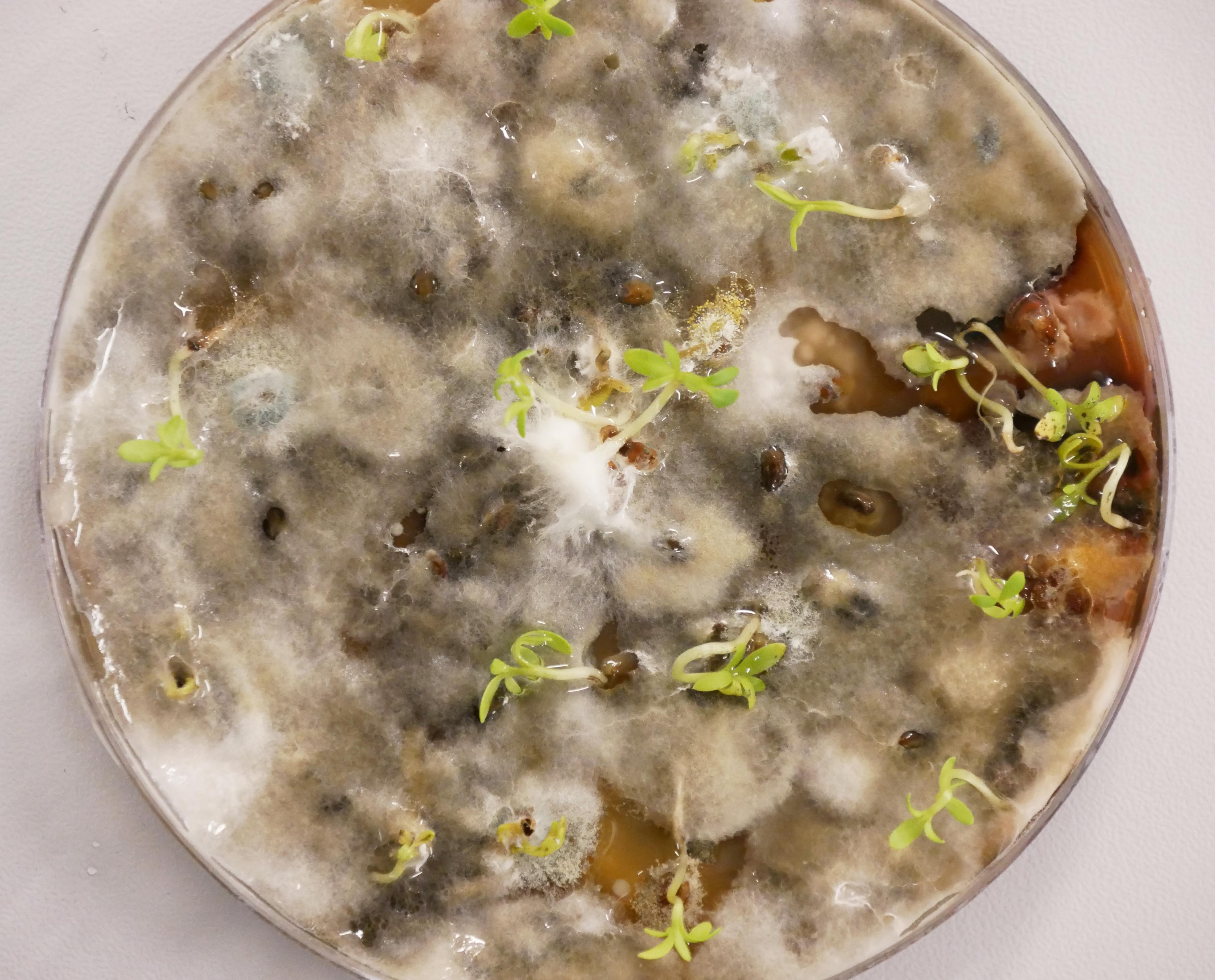
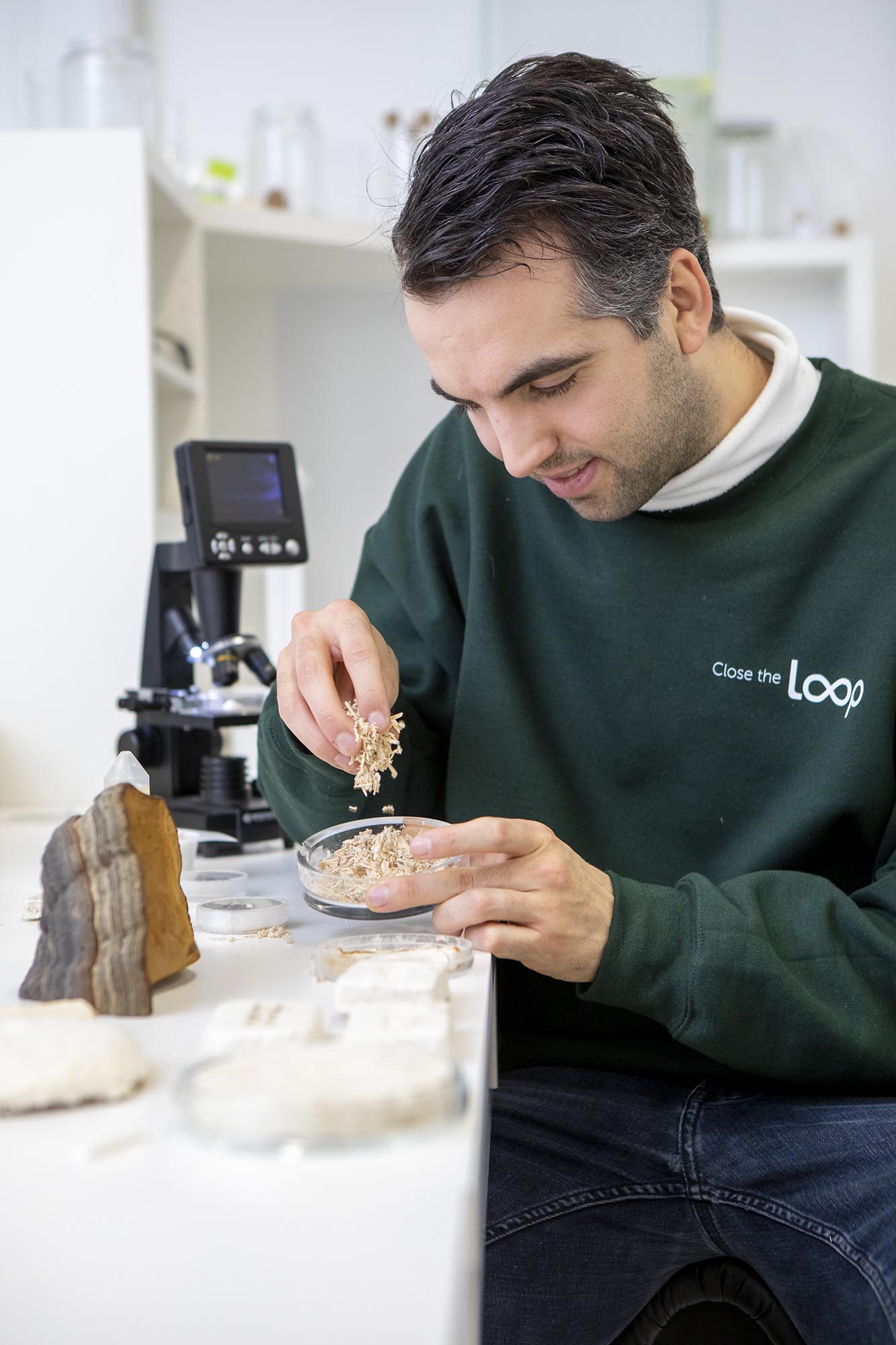
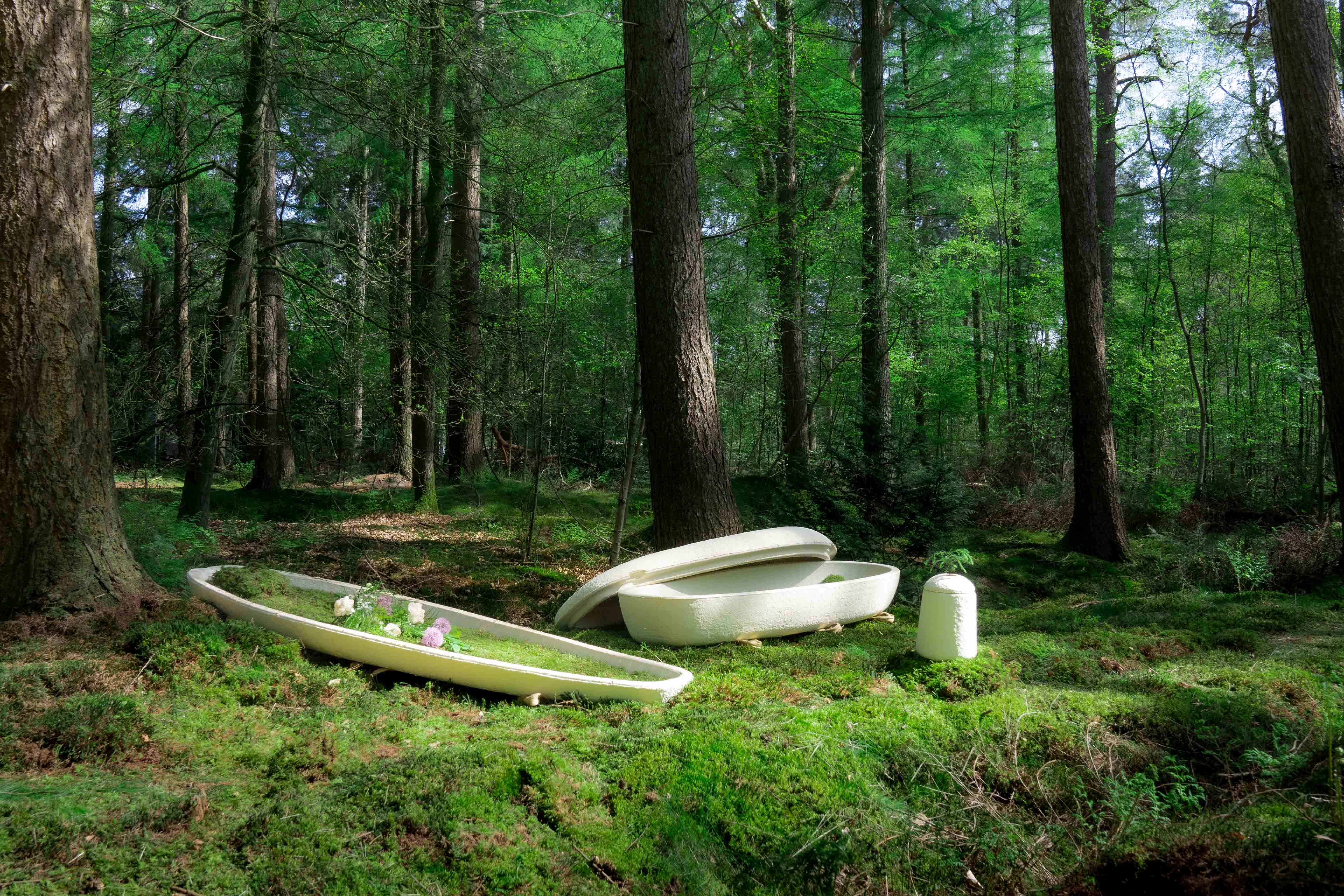
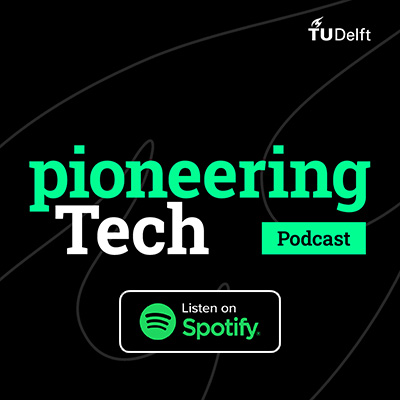
![[Translate to English:] [Translate to English:]](https://filelist.tudelft.nl/_processed_/4/2/csm_Respyre%202_85484b7045.jpeg)

